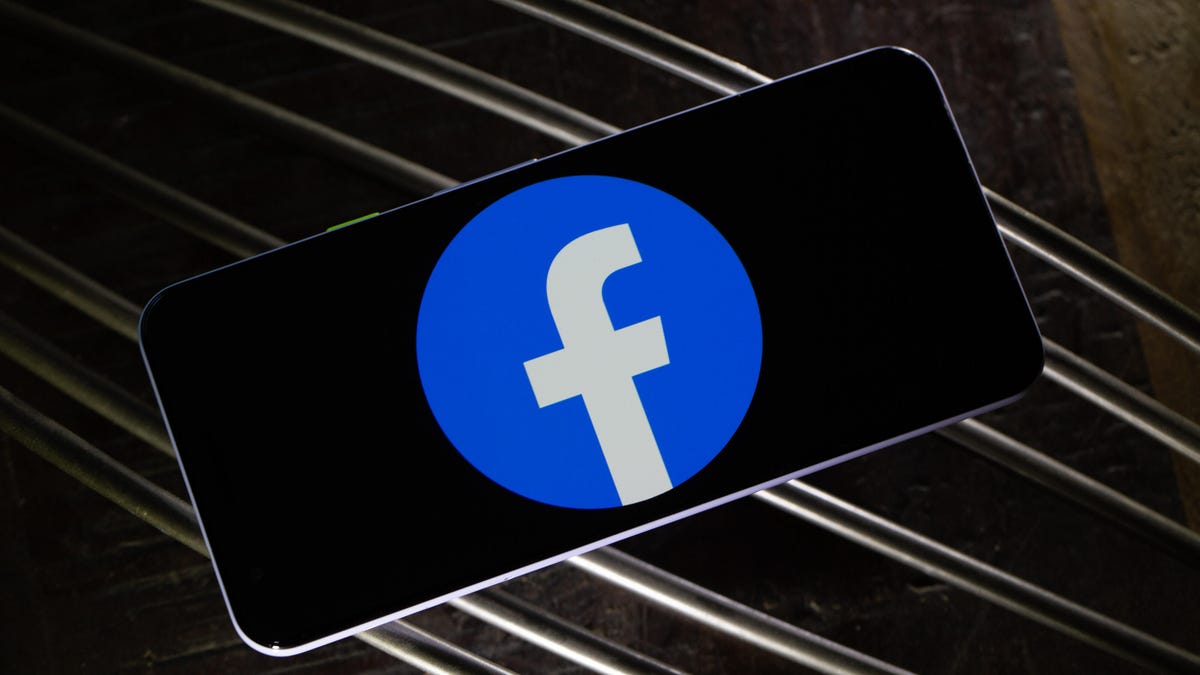Facebook plans to use AI to help fight climate change
The social network teams up with Carnegie Mellon University to find new ways to store and use renewable energy.

Facebook has researchers who are trying to advance artificial intelligence through various projects.
Facebook said Wednesday it will use artificial intelligence to help scientists find new ways to store and use renewable energy as part of project that could help combat climate change .
The social network is partnering with Carnegie Mellon University to spur the use of solar and wind energy, which are cleaner than burning fossil fuels that contribute to air pollution and global warming. Climate change continues to be a big concern this year in the wake of heat waves and forest fires on the West Coast.
One of the challenges to using renewable energy is that it needs to be stored, sometimes for weeks or months, because the wind doesn't always blow and the sun doesn't shine all the time. Batteries can be used to store excess renewable energy, but Facebook said that using that method is expensive especially if companies need to use a large power grid.
The social network's new effort, known as the Open Catalyst Project, will focus on another solution that involves converting excess solar and wind energy into other fuels such as hydrogen or ethanol. The project's goal is to find low-cost catalysts to speed up these chemical reactions, allowing renewable energy to be stored for a cheaper price. Discovering new catalysts can be tough because there are many different possible combinations of elements. Facebook says AI will help predict atomic interactions faster than simulations used in labs. With the help of AI, the process could take seconds rather than days.
If the project works, the research could fuel the use of renewable energy because it would cost less to store the energy for future use. The demand for renewable energy is rising. In most countries, generating electricity by using the sun's energy is consistently cheaper than burning coal or gas in power plants, according to the International Renewable Energy Agency.
"As energy needs continue to climb and the fight against climate change grows more urgent, this problem offers a chance to advance AI in a way that will have a significant real-world impact," Facebook's Research Scientist Larry Zitnick said in a blog post.

